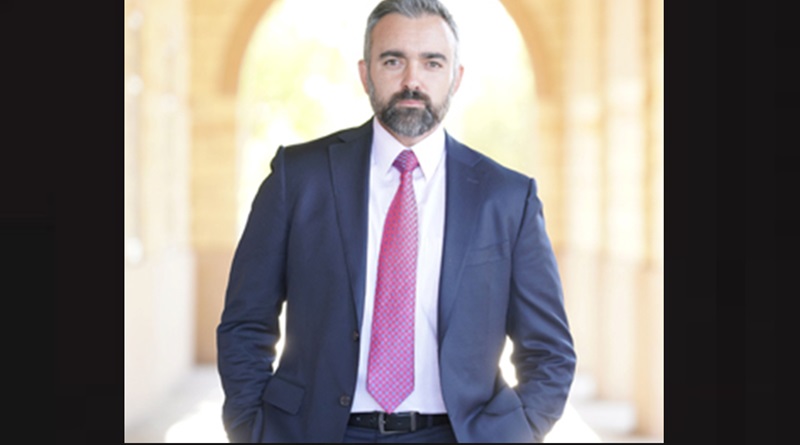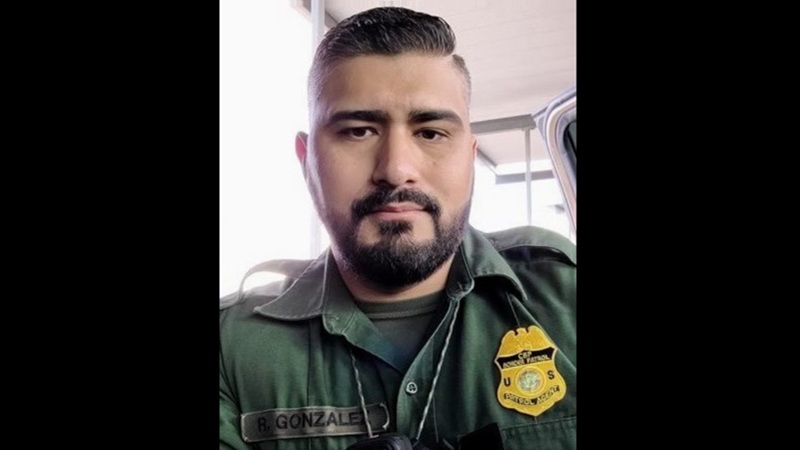
In response to allegations that a juror hid their anti-police bias in order to get on a jury, New Mexico’s anti-police biased Attorney General has gone to the New Mexico Supreme Court to argue in support of citizens using deception by omission to get on a jury.
In the case of former Las Cruces police officer Brad Lunsford, convicted of voluntary manslaughter in the death of Presley Eze, post-trial revelations have surfaced, alleging that Juror #8, who served as the jury foreperson, deliberately concealed a pronounced anti-police bias during voir dire—the jury selection process. This juror’s undisclosed history purportedly includes participation in anti-police protests, membership in activist groups advocating against law enforcement, and public statements condemning police. A potential juror concealing such relevant information during jury selection process in the trial of a police officer, if proven, constitutes a blatant act of perjury, undermining the officer’s right to fairness and tainting the verdict rendered.
In response to defense motions highlighting potential misconduct, A.G. Torrez has submitted a filing to the New Mexico Supreme Court contending that scrutinizing a juror’s political beliefs equates to harassment and violates First Amendment protections. He asserts that a defense’s reliance on a juror’s deceptive omissions during jury selection precludes them from challenging the juror’s impartiality post-conviction. This argument not only dismisses legitimate concerns of juror deception but also sets a perilous precedent wherein dishonesty during voir dire is championed by the state.
Defending juror misconduct under the guise of protecting political expression conflates the absolute right to hold beliefs with the absolutely impermissible concealment of those beliefs to corrupt judicial proceedings.
By suggesting that potential jurors may withhold or misrepresent critical information without consequence, A.G. Torrez effectively endorses a “right to perjury,” a concept antithetical to the very essence of justice. Voir dire serves as the mechanism by which biases are identified and addressed, ensuring that both the prosecution and defense can exercise informed judgment in juror selection. Voir dire relies on honesty and full disclosure. To permit deception by omission in this process is to invite partiality into the jury box, thereby jeopardizing the fairness of trials and the legitimacy of their outcomes.
No doubt A.G. Torrez wants to protect his wrongful conviction of a police officer who defended his life and the life of another against an armed assailant, but the price A.G. Torrez is willing to pay is too high.
Juror integrity is the bedrock upon which fair trials are built. A.G. Torrez’s arguments, if left unchallenged, threaten to dismantle this bedrock, replacing it with a system in which deception is permissible and outcomes are suspect. This trajectory must be halted by the New Mexico courts to ensure that the rights of all—defendants, victims, and the broader community—are safeguarded against the perversion of justice.






